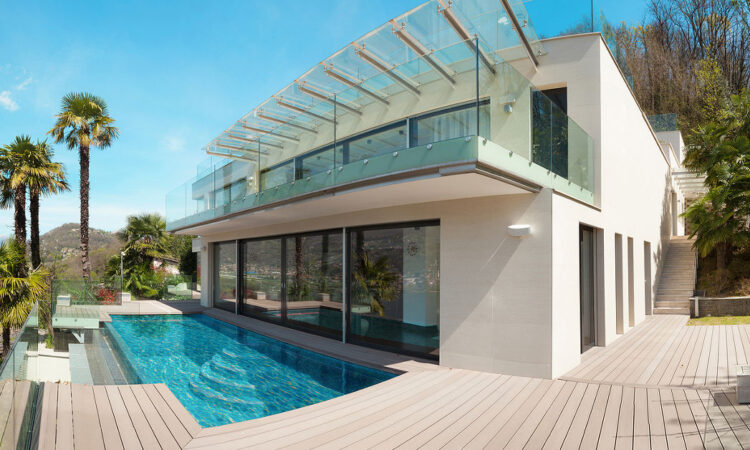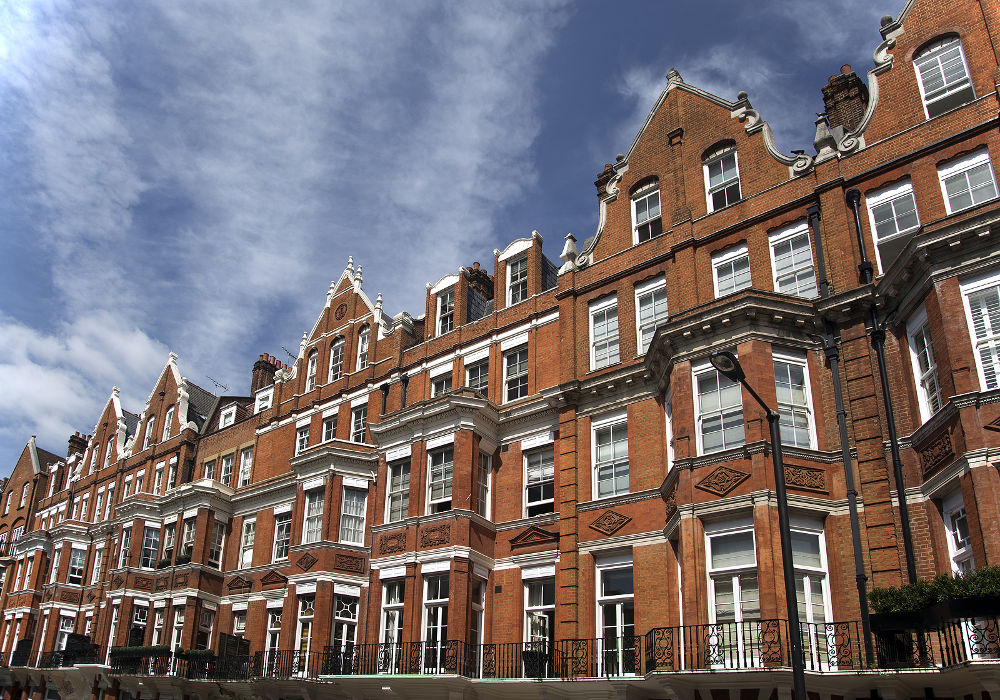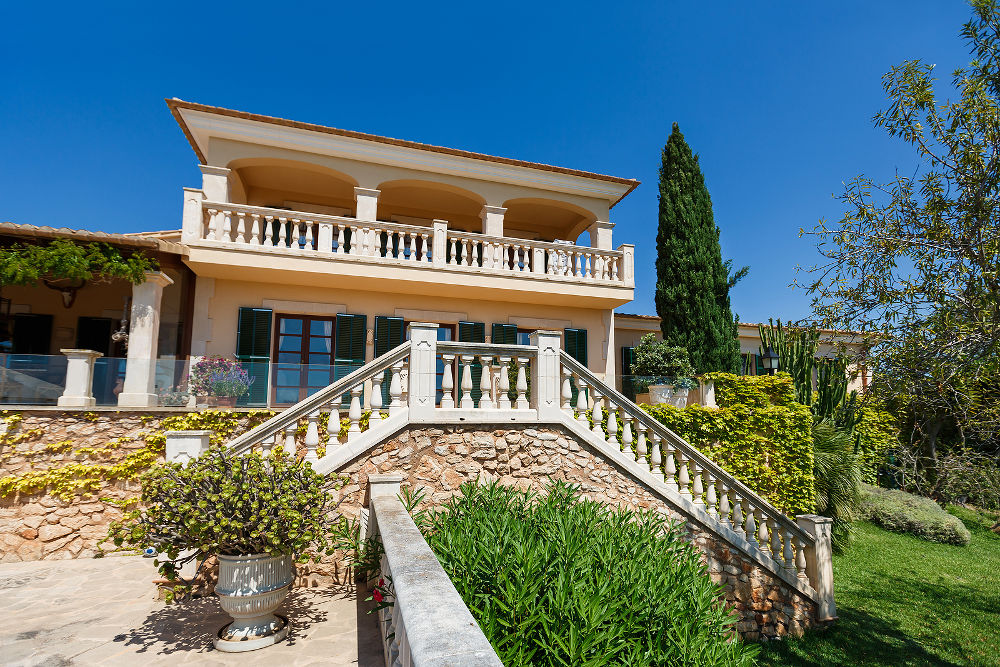
Words by Alex Silensky
Thinking of diversifying your investment portfolio into real estate this year? Or perhaps you’re just looking for ways to make your existing property portfolio work harder for you? Then having a robust and well thought-out strategy is key, and you’ll need to be ready to do some extensive research to get one into place.
Developing an investment strategy should be based on thorough and in-depth research, and includes market research as well as carrying out a real estate development feasibility study – which in turn, entails an assessment of demand and the potential return on investment.
You’ll also need to identify any potential risks so that you can weigh up whether or not they are worth it and if they are, put a plan into place regarding how to mitigate them.
And finally, you’ll want to look at other comparative investment options available to you to determine which will bring a better return or be more feasible in the long run.
Staying up-to-date with industry trends and emerging opportunity analysis, as well as future perspectives, is essential for property investors and will help you to figure out the best investment option. Here, we take a look at how to navigate your luxury real estate investment journey in 2024.

Let’s talk about demand
Land is a limited resource, especially when talking about habitable land. Investment in real estate is considered a financially stable investment when compared to many alternatives, and although economic crises over the years have posed some challenges, the sector has proved itself to be surprisingly resilient, and is recovering quickly after the latest curveball thrown into the mix by the global Covid-19 pandemic and cost of living crisis.
Other factors contributing to stable demand for real estate include global population growth, trends towards urbanisation, globalisation and migration and tourism – all of which have been driving forces behind continued market growth.
Why luxury real estate is king
But is demand different for luxury real estate? The two aspects of the real estate industry cannot be compared, as they differ in their target audiences – but when you consider that affluent investors with robust risk mitigation strategies in place are some of the least likely individuals to have been dramatically impacted by economic uncertainty, it stands to reason that if anything, the luxury real estate element of the sector has weathered the storm the best.
Fluctuations in prices are more common in general, mainstream real estate, while luxury real estate investments don’t tend to suffer from depreciation or price drops even through times of crisis. Their enduring appeal transcends market fluctuations, which makes high-end homes a great option for anyone seeking to place their capital into a tangible asset with intrinsic value – and better yet, that trends upwards in appreciation over time.
Of course, prime locations are limited, and properties located within them, and close to superior and at times, exclusive amenities, mean that supply often falls short of demand. This, in turn, drives prices skywards, and with luxury properties like these often custom designed and entirely unique, you’ll rarely find two the same – so if yours ticks all of the right boxes for a certain kind of upscale lifestyle, then people will be willing to pay over the odds for the privilege of owning or living in it.
The sense of prestige associated with luxury real estate will always be a huge draw, with luxury homes serving as status symbols and safe havens for capital preservation. They tend to attract the most discerning of buyers who are not afraid to pay for the utmost in quality and craftsmanship – and of course, for the lavish lifestyle living in a particular property will afford them.

The lifestyle benefits and amenities offered by luxury properties are no small contributor to their investment appeal. From plush waterfront apartments with home spas and hot tubs to elegant countryside manors with cinema rooms and tennis courts, all of these sought-after facilities all make a property considerably more attractive, and in turn, if well preserved and maintained, its price will continue to climb.
On that note, the return rate on investment in luxury real estate only increases over time, making it an attractive prospect for those looking to dip their toe into the world of real estate investment in 2024 with a relatively safe and reliable asset.
The bottom line
Many factors contribute to the increase in demand for real estate, and over the past few decades, a growing global trend for urbanisation and more people moving to cities have seen prices in prime areas soar. If you’re looking for maximum return investment though, then consider the luxury market – just don’t forget to lay the groundwork with a feasibility study first to ensure you are making the right move.
Alex Silensky, co-owner of the leading consulting firm OGS Capital, has years of experience in business consulting, developing business strategies and consulting investors.
